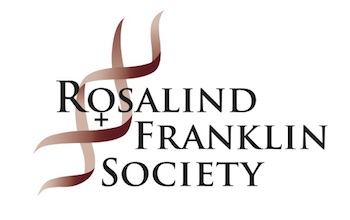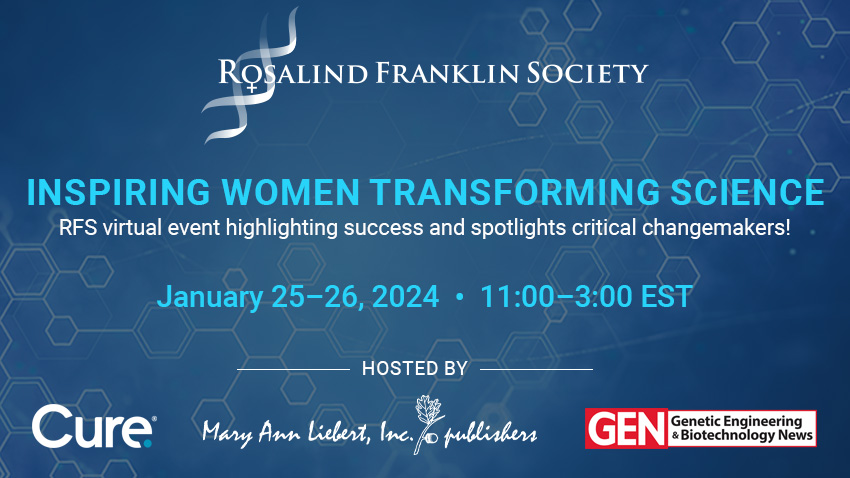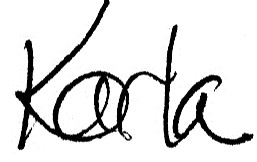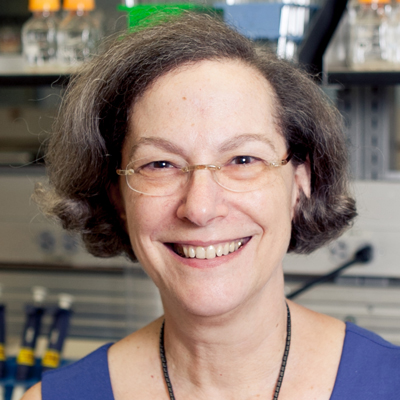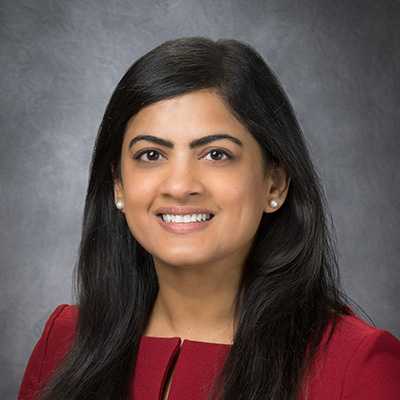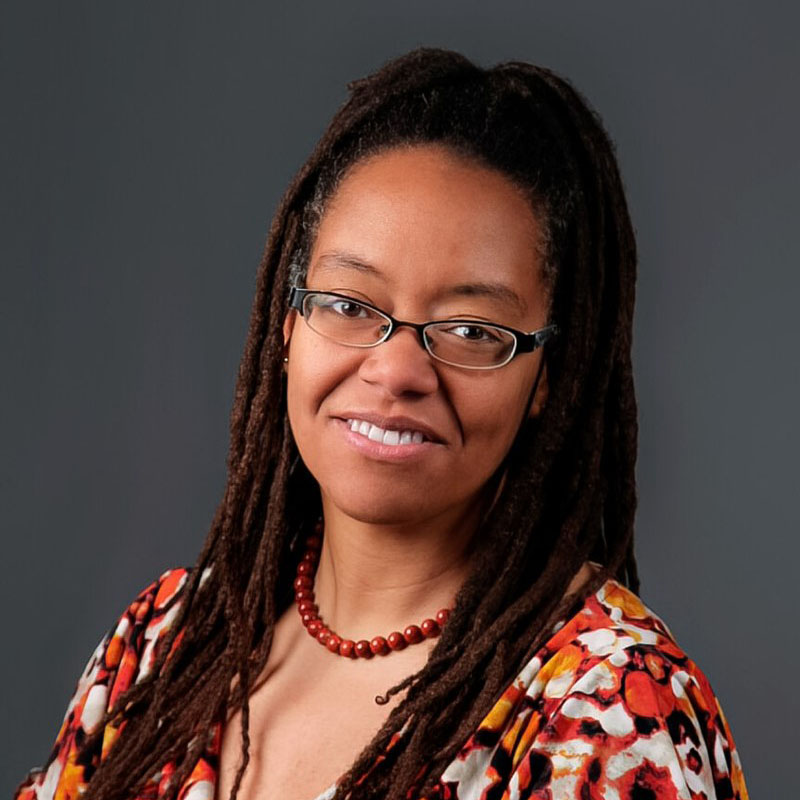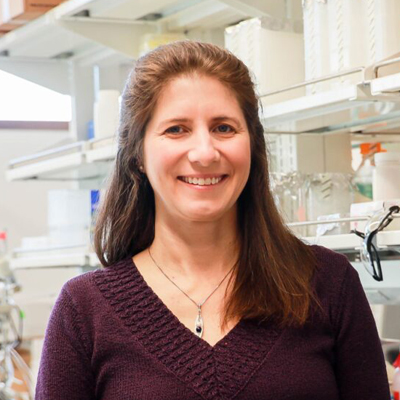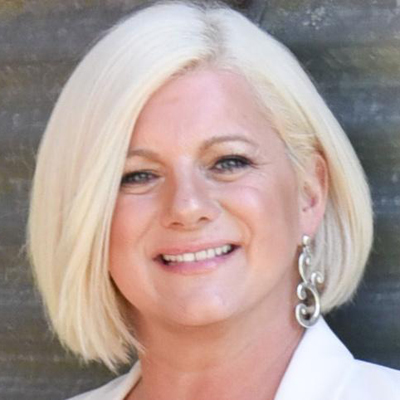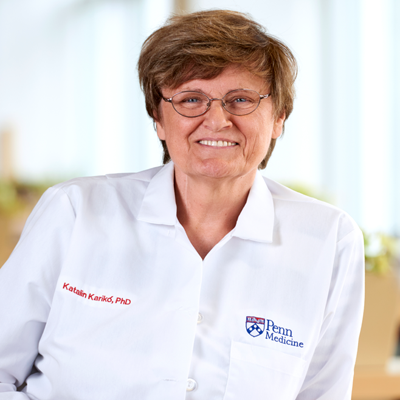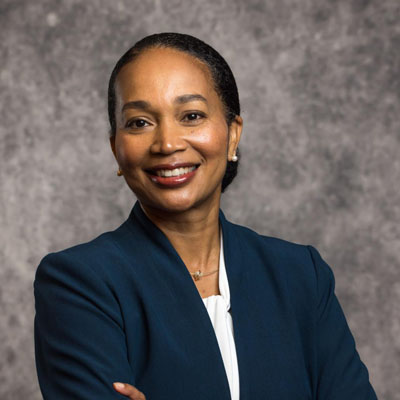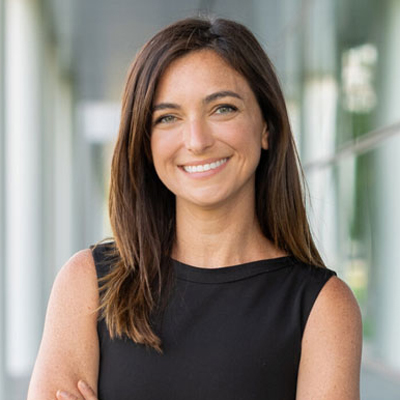|
Dear Colleagues, I am pleased to include another issue of RFS Briefings with some timely and encouraging updates on women in science. Please continue to share important news and opportunities with us so that we may share it with you and others who are committed to supporting the careers of exceptional women in science.
Stay safe and sound,
One Unintended Consequence of SPUTNIK: My Career in Science. Check out this new book by Carol Shoshkes Reiss, an RFS board member and Editor-In-Chief of DNA and Cell Biology (Mary Ann Liebert, Inc.), One Unintended Consequence of SPUTNIK: My Career in Science. Dr. Carol Shoshkes Reiss is the daughter of an American who struggled against the antisemitism of the 1940s to become a successful physician artist and interior designer. In this book, she delves into her family, studies, and professional career. Read more.(Image: Carol Shoshkes Reiss, New York University) Dr. Renee Wegrzyn sat down with the BioCentury Show to discuss all things ARPA-H. Dr. Ishwaria Subbiah Is Reimagining Cancer Care. Dr. Subbiah is the executive director for Cancer Care Equity and Professional Wellness at the Sarah Cannon Research Institute (SCRI.) She is also the medical director of Supportive Care Oncology, Health Equity, and Professional Well-Being for the US Oncology Network. “Medicine was a way of life for me. I’m a third generation of doctors and second generation of oncologists,” she says. Read more.(Image: Dr. Ishwaria Subbiah, Sarah Cannon Research Institute (SCRI). 2024 Szent-Györgyi Prize for Progress in Cancer Research Nominations Portal is now open for submissions. Dr. Dara Norman Wants to Bring More People Into Science. Dr. Dara Norman is deputy director of the Community Science and Data Center at NOIRLab and the incoming president-elect of the American Astronomical Society (AAS). Dr. Norman is an astronomer, and she uses her knowledge, background, and training in order to understand the challenges others face within her field. Read more.(Image by NOIRLab/NSF/AURA - Dara Norman, NOIRLab, CC BY 4.0) CSB Startup Opera Bioscience Reaches Tipping Point. Preventing and Addressing Retaliation Resulting from Sexual Harassment in Academia. Brought up in a creationist home, a scientist fights for evolution. "We flipped the script" - Nobel Prize-winning scientist Katalin Karikó and Olympic champion daughter Susan Francia on being best in the world. Katalin Karikó is one of the two researchers who found that mRNA could be used to vaccinate people against COVID-19, helping slow the coronavirus pandemic. She’s won a host of awards and honors for this achievement. Along with her research partner Drew Weissman, Karikó will be given the Nobel Prize for Medicine in Stockholm on Sunday 10 December. Read more. She is a past RFS speaker, here is her presentation in case you missed it. (Image: Katalin Karikó, PhD Photo Credit: Peggy Peterson Photography for Penn Medicine) Jennifer Doudna Believes Crispr Is for Everyone. Nominations for the Lurie Prize In Biomedical Sciences. Meet the 2023 Most Influential People in Healthcare. PCORI Executive Director Nakela L. Cook, M.D., MPH, has been named one of Modern Healthcare’s 100 Most Influential People in Healthcare.This honor is an important recognition of the incredible work PCORI continues to do to advance patient-centered comparative clinical effectiveness research. Read more. (Image credit: PCORI) Eppendorf & Science Prize for Neurobiology 2023 goes to Marissa Scavuzzo, USA. This year’s Eppendorf & Science Prize for Neurobiology goes to the American scientist Marissa Scavuzzo, Ph.D., Postdoctoral Fellow at Case Western Reserve University School of Medicine, Cleveland, USA. Read more.(Image credit: Eppendorf) Female researchers are less influenced by journal prestige – will it hold back their careers? We are pleased to welcome the first members of our new Council of Corporate Leadership!
Subscribe to our newsletter (RFS Briefings) at Rosalind Franklin Society | Substack Marianna Limas, Social Media Manager
|
